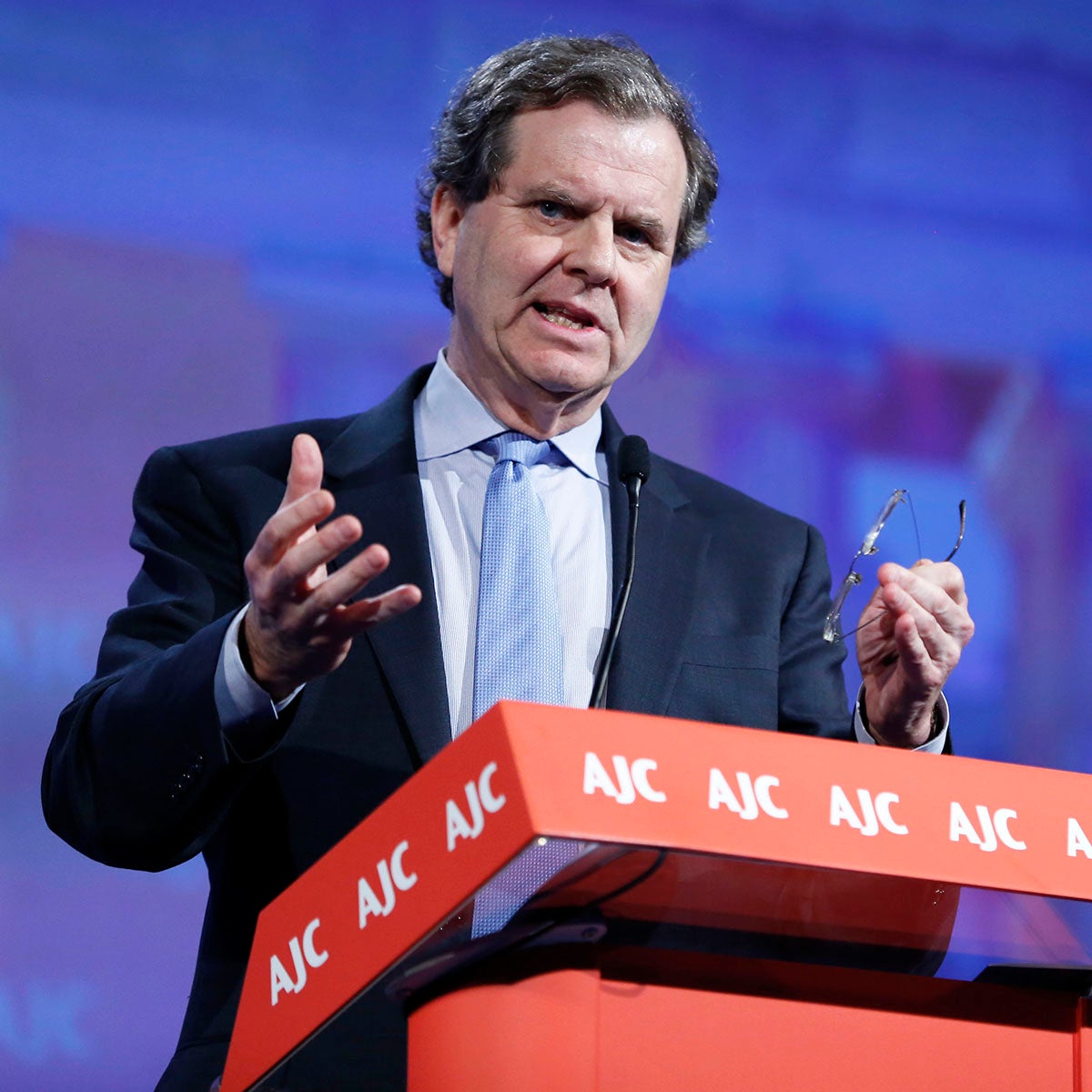December 8, 2020 — Berlin, Germany
This piece originally appeared in Tagesspiegel.
With President-elect Joe Biden taking office in Washington on January 20, two areas of speculation are the new administration’s policies regarding the transatlantic relationship and the Middle East.
In both cases, President Donald Trump brought what some would call a disruptive approach, very much at odds with the foreign policy tone and tenor of the Obama years. Indeed, Trump sought to distance himself as much as possible from Obama’s core assumptions, not to mention his unflappable style.
On Europe, Trump was no fan of the EU; welcomed Brexit; went out of his way to antagonize Germany; lost patience on shortfalls in defense spending by certain European members, most notably Germany; had a soft spot for populist governments in Warsaw and Budapest; scoffed at Europe’s insistence on multilateralism, soft power, and dialogue; and poked his finger in the eye of Europe’s preoccupation with climate change.
To be fair, the rhetoric was often harsher and more dissonant than the actual policies. Day-to-day cooperation in a hundred spheres did not suddenly end, the transatlantic relationship did not sink into the ocean depths, NATO did not become obsolete, and trade and investment did not come to a screeching halt.
That said, Biden is well known to Europe, as are his early picks for key diplomatic and national security posts. He is a transatlanticist. He believes in NATO. Climate change will be a top priority. And his first commitment is likely to be to Brussels, not London.
So, Europeans are likely to breathe easier, counting on a return to the pre-Trump years, even as the world — and America — have changed in the ensuing four years.
For one thing, China will dominate American thinking. Can Europe and the U.S. align? For another, the American right and left are stronger than they were, and in some ways are both loath to devote substantial attention and resources to foreign policy or, for that matter, free trade.
On the Middle East, Biden is also likely to steer a different course than Trump — more focus on human rights, an effort to return to the Iran nuclear deal from which Trump withdrew the U.S. in 2018, and re-engagement with the Palestinians.
Here, too, things have changed since the Obama years.
There has been a fundamental realignment in the region, in large part prompted by Obama’s controversial approach to Iran, which did not moderate its policies as foreseen by the JCPOA deal makers. The Sunni Arab world and Israel have joined forces. To the Trump administration’s credit, previously unimaginable normalization deals have emerged, with more potentially in the works, and proving that all roads do not lead through Ramallah.
In seeking to reopen the Iran deal, Biden will now face not just Israeli opposition, but also that of a larger front, which fears American naïveté and over eagerness to return to Obama’s signature foreign policy accord.
In focusing on human rights, which, translated, could mean distancing from key Sunni Arab allies, does it mean ignoring egregious Iranian human rights violations for the sake of the old nuclear deal, or a revised version of it?
Will seeking to engage the Palestinians and coax them back to the negotiating table, from which they’ve been absent for years, lead anywhere, or simply produce another failed diplomatic effort because of decades-long Palestinian intransigence?
And finally, there’s an issue of longstanding interest to Biden that bridges the European and Middle East spheres — the Eastern Mediterranean. Can Europe and the Biden team find common ground specifically on policy towards Turkey, a growing thorn in the side of both sides of the Atlantic? Europe itself is divided on Turkey. Meanwhile, Biden sees it clearly as a growing threat to neighboring Greece and Cyprus and the larger region.
The next four years will be informed by the pre-Trump era, but no, not entirely, as the world does not stand still. What is certain is that the rhetoric will change and Washington’s first instinct will be to seek European partners. Whether that, in turn, produces greater global progress and security will depend not only on lofty language, but, no less, on a common vision and strong backbones on both sides of the Atlantic.
David Harris is the CEO of American Jewish Committee (AJC). Follow him on Twitter @DavidHarrisAJC.



